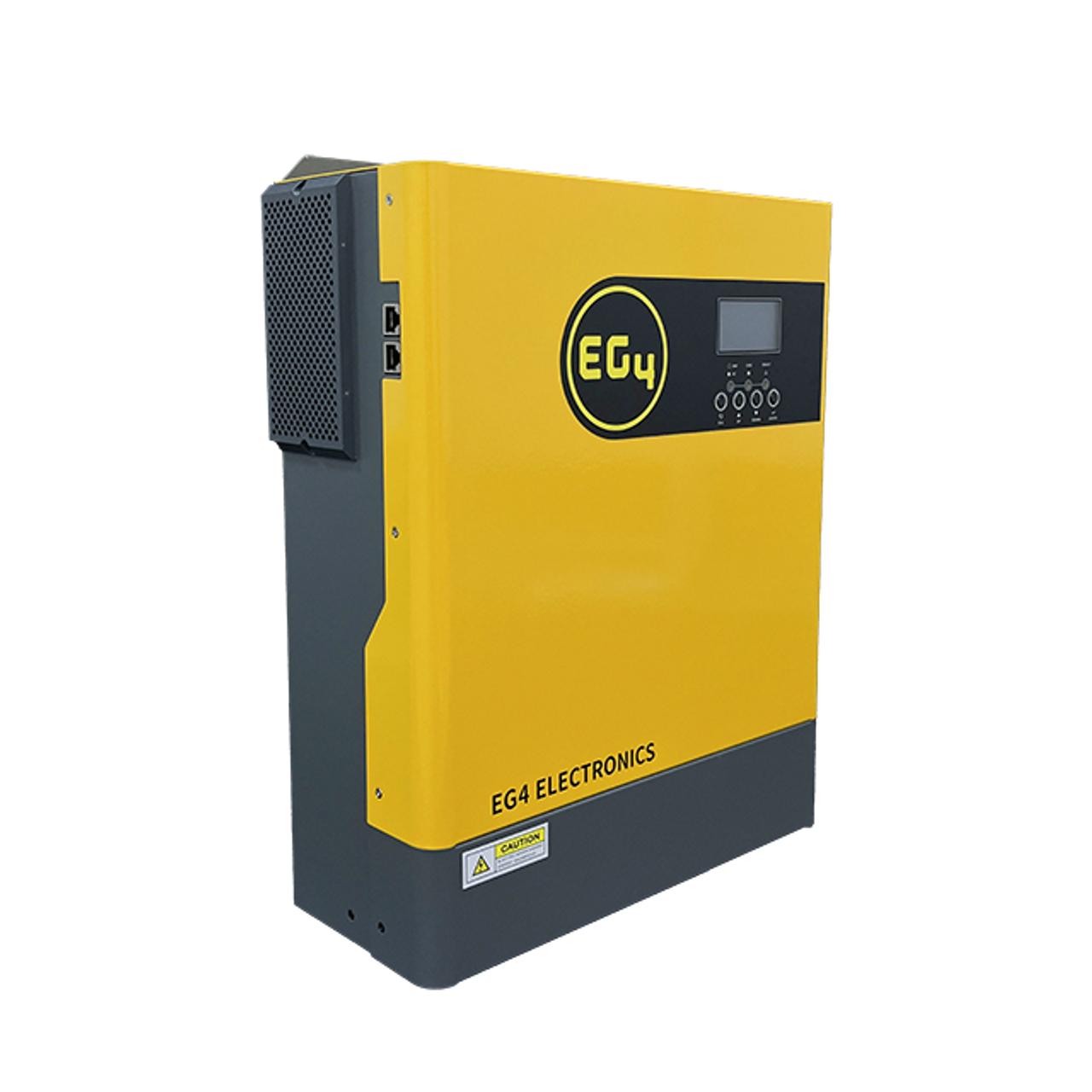
A solar inverter like the EG4 3000EHV tripping the breaker on the 120-volt input can be caused by several potential issues:
- Overload:
- The inverter may be drawing more current than the breaker is rated for, leading to the breaker tripping. This can happen if the inverter is under heavy load or if there are additional devices connected to the same circuit.
- Faulty Wiring or Connections:
- Loose, damaged, or improperly sized wiring can cause increased resistance, leading to overheating and potentially tripping the breaker. Ensure all connections are secure and the wiring is appropriate for the load.
- Ground Faults:
- A ground fault occurs when current flows directly to the ground through an unintended path. This can cause the breaker to trip. Check for any damaged insulation or other issues that could cause a ground fault.
- Inverter Issues:
- The inverter itself could be faulty, with an internal short circuit or other malfunction causing it to draw excessive current. In this case, you might need to have the inverter serviced or replaced.
- Breaker Issue:
- The breaker itself could be faulty or underrated for the application. Breakers can wear out over time or trip at a lower current than their rating due to age or damage.
- High Inrush Current:
- Some inverters have a high inrush current when they start up, which can briefly exceed the breaker’s rating and cause it to trip. If this is the case, a breaker with a higher inrush current tolerance might be needed.
Troubleshooting Steps:
- Check Load: Reduce the load connected to the inverter and see if the breaker still trips.
- Inspect Wiring: Ensure all connections are tight and the wiring is in good condition.
- Test the Breaker: Replace the breaker with one of the same rating to see if the issue persists.
- Consult the Manual: Refer to the inverter’s manual for any specific installation requirements or troubleshooting advice.
- Contact Support: If the issue continues, contact the manufacturer’s technical support for further guidance.
It’s important to address this issue promptly to avoid potential damage to your system or electrical hazards.




More Stories
Beyond the Hype: Tri County Computer Service & Pages of Wisdom’s Real-World Product Reviews
Tri County Computer Service & Pages of Wisdom – Your Full-Spectrum Tech & Digital Partner in Mountain Grove, MO & Beyond
The Myth of Absolute Anonymity on the Dark WebThe Illusion of Absolute Anonymity: Why Kali, VPNs, and Tor Aren’t a Magic ShieldThe Myth of Absolute Anonymity on the Dark Web